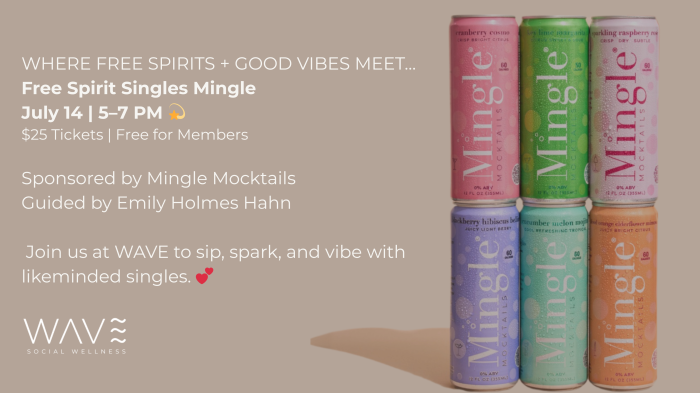Privileged
At times, my intuition is way ahead of my brain. I’d like to think that I arrive at a lot of my opinions through logical reasoning, but often, I feel like something is wrong long before I can articulate why it’s wrong. This was the case with the word “privilege” as used in the phrases “white privilege,” “male privilege,” and the especially reviled “white male privilege.” Something about the way these terms are bandied about bothered me, but I couldn’t explain why until recently.
It’s not that I have any doubt that privilege exists; I’ve certainly seen it in action. Even if you’re not particularly devoted to the cause of achieving greater social justice, it’s not difficult to see that being white and male confer some advantages in our culture. So if I admit privilege exists, why does the term make me wince in annoyance?
What I’ve realized is that this term almost always seems to be part of a conversation where two people are either unwilling or unable to listen to each other. Example:
Woman: Wow, that show was really offensive.
Man: Really? I thought it was pretty funny, actually.
Woman: You’re just too blinded by your white male privilege to understand how I feel.
Man: What, so just because I’m a white guy, I’m not entitled to an opinion?
Woman: You’re totally missing the point, and because you are a man, you will never get it.
Man: And you’re a totally hysterical, feminist person! I am now too defensive about this privilege thing to pay attention to a woman’s feelings ever again.
That’s the first problem: no matter how much legitimacy the term privilege should have, when it’s used to disqualify someone from having an opinion on something, you’ve already lost the argument…or more accurately, there is no argument. You’ve lost by not even showing up.
The second problem is the fact that, while white and/or male privilege are bandied about most often, other kinds of privilege exist that aren’t talked about. My understanding of feminist theory is that most feminists believe that “female privilege” doesn’t exist because any possible benefits to being female are miniscule compared to the advantages of being male, but this has not been my personal experience.
If I ask someone on a nearly empty subway platform what time the train is getting in, people will assume that I want to know the answer to the question, not that I’m not hiding some dangerous agenda. If a woman walks past me pushing a stroller and I smile at her toddler she’ll smile back, secure in the knowledge that I’m just acknowledging her child’s infectious cuteness. If my husband were to do the same thing, there’s a chance her smile would be brittle; in the back of her mind, she might be thinking “A grown man, looking at my child? Is he a pedophile?”
I like the fact that people never assume that I’m violent or a sex offender. It’s kind of nice. If it’s something I benefit from, how is that not privilege?
I’ve also encountered plenty of religious-based privilege. Someone I worked with years ago once told me that he was okay with the fact that I was Jewish, because I wasn’t “in-your-face” about it, as opposed to a coworker. It never occurred to this man that he had certain privileges as a Christian: his holidays were in my face all the time, on the streets and in the media, but that was just seen as normal.
However, there’s also Jewish privilege; I might say, “That guy had a lot of chutzpah,” knowing that enough of the people around me are either Jewish themselves, or grew up surrounded by Jewish people, that they’re familiar with some common Yiddish. If someone doesn’t get it, oh well; I’m not going to bother defining it. It’s an in-club thing, also known as privilege.
If you think about it, virtually every kind of group has some kind of privilege, but the only kind that’s safe to acknowledge are the white, male kinds. It’s almost as if people think that if we acknowledge that there can be such a thing as female privilege, or Jewish privilege, or tall privilege, people might make the mistake of thinking that the terrifying behemoth of white male privilege has been cancelled out—yeah, right. Acknowledging that social dynamics are complicated doesn’t suddenly make you blind to injustice.
And that’s the real problem with the privilege concept; the assumption that if someone has privilege, they’re too blinded by their supposedly elite status to have a valuable place in the discourse. I don’t know if we need a moratorium on the word privilege, but at the very least, we need to stop constraining the discussion in this manner. Someone might be blinded by their “privilege,” but at least give them the opportunity to demonstrate that; don’t just assume their opinion can be dismissed, unheard, due to accidents of birth.
Karen Gellender is editor of the Syosset-Jericho Tribune and Plainview-Old Bethpage Herald.


































